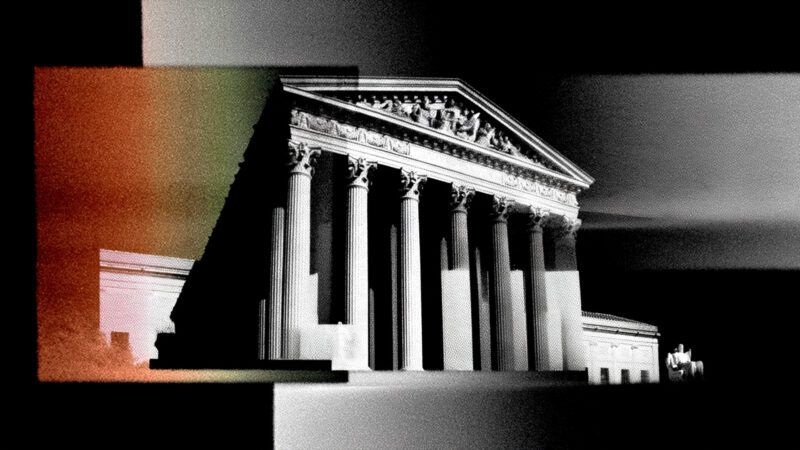Is the Supreme Court's Shadow Docket Causing a 'Judicial Crisis'?
Multiple judges say SCOTUS is going out of its way to grant emergency relief to the president without even bothering to explain why.

The New York Times published a big story over the past weekend featuring anonymous quotes from multiple federal judges who are worried about how the U.S. Supreme Court is seemingly going out of its way to grant emergency relief to President Donald Trump without even bothering to clearly explain why. According to one unnamed federal judge, the Court's behavior has been "a slap in the face to the district courts." According to another, SCOTUS is now creating a "judicial crisis."
Should we be worried?
You’re reading Injustice System from Damon Root and Reason. Get more of Damon’s commentary on constitutional law and American history.
Trump has undoubtedly been on a winning streak of late before the Supreme Court in emergency cases in which he receives the Court's permission to promptly carry out a controversial executive action while the litigation challenging that action slowly moves forward in the lower courts.
Why does Trump keep winning these preliminary emergency requests before SCOTUS? Unfortunately, we do not always know why because the Court does not always say why. Many of these emergency orders—which critics often call the shadow docket—are issued without an accompanying opinion that explains the Supreme Court's thinking.
This lack of clear rationale or guidance from the High Court has left the lower courts guessing, and that uncertainty is a contributing factor to the anonymous judicial frustration that is now spilling out into the press. As The New York Times put it, "more than three dozen federal judges have told The New York Times that the Supreme Court's flurry of brief, opaque emergency orders in cases related to the Trump administration have left them confused about how to proceed in those matters and are hurting the judiciary's image with the public."
Moreover, according to the same Times article, it is not just liberal judges doing the complaining:
Forty-two judges went so far as to say that the Supreme Court's emergency orders had caused "some" or "major" harm to the public's perception of the judiciary. Among those who responded to the question, nearly half of the Republican-nominated judges said they believed the orders had harmed the judiciary's standing in the public eye.
Whenever the Trump administration asks the Supreme Court to issue this sort of emergency order in its favor, the justices are basically forced to grapple with the following questions: Is it better in a particular case to let the president carry out his contested agenda right away? Or is it better in a particular case to keep the president's contested agenda on a temporary pause while the courts—after full briefing and arguments, including oral arguments before SCOTUS—have determined that the agenda does in fact pass constitutional or statutory muster?
The Supreme Court's current majority does seem to think that it is generally better to let Trump's agenda speed ahead. But even if that pro-executive approach is the correct one—which is a pretty big if—the majority is not doing itself any favors by keeping its pro-executive reasoning to itself.
If there is a judicial crisis underway, the murky actions of the Supreme Court are not helping the situation.
